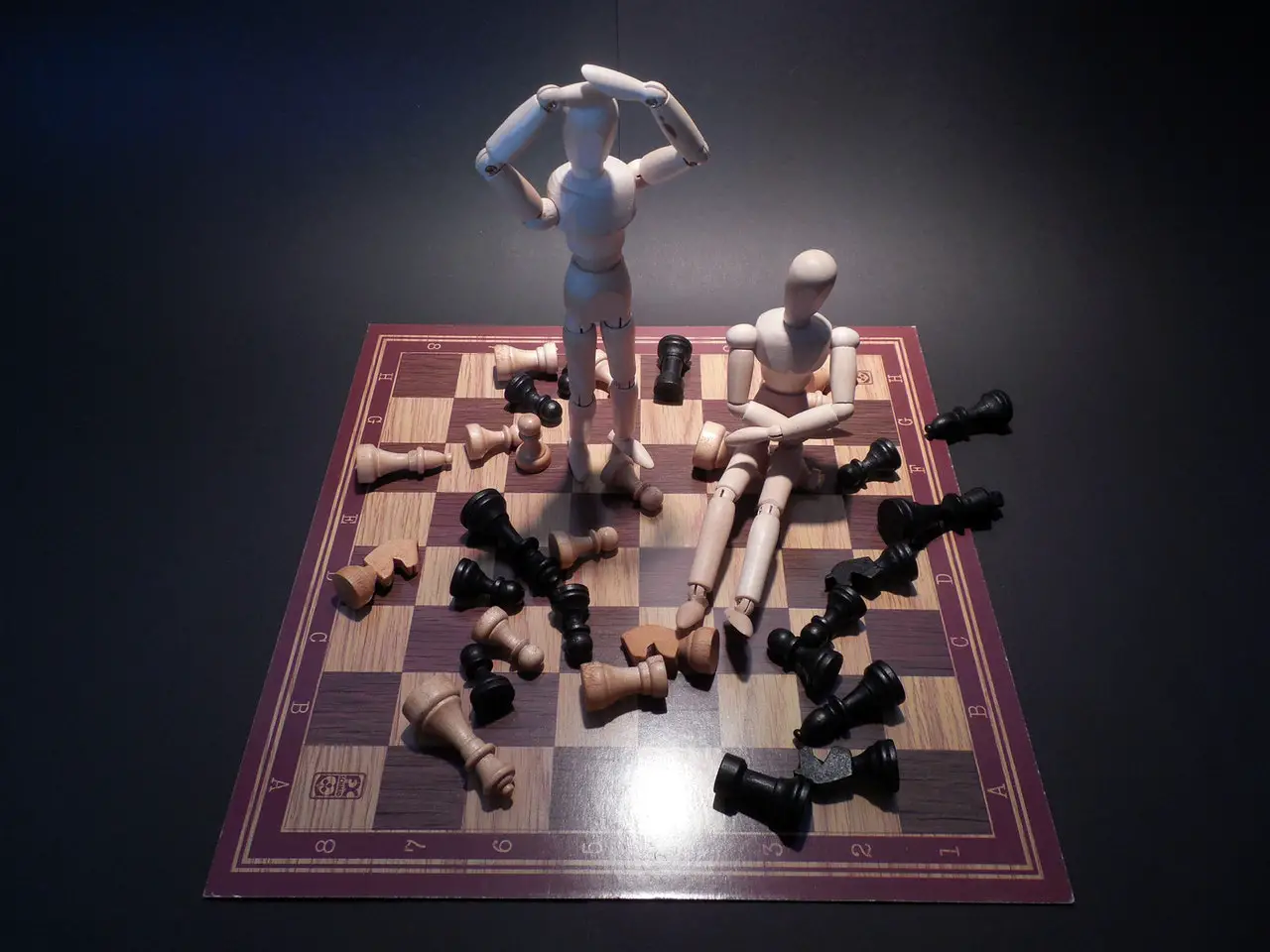The definition of critical thinking is that it is the practice of collecting, analyzing, and carefully evaluating information so you can form a more informed decision. Critical thinking means that you are not letting your personal biases and feelings interfere with your decisions; instead, you let the information you gathered speak for themselves and then you make your call based on which is the most logical course of action.
Decision-making is the process of sifting through various options that will ultimately lead to conclusions that are actionable, but when you apply critical thinking into the mix, you are also making sure that you are making the most sound decision. To make it easier for you to understand, imagine decision-making as a car that brings you to your goals, critical thinking is the gas that makes the car run.
Humans have technically started having critical thinking skills ever since the first caveman picked up a rock, and figured out that it actually has a multitude of uses. However, it was only in the last century that people thought of critical thinking skills to be of great value with regards to business and decision-making. John F. Dewey, the famous inventor of the Dewey Decimal System that made cataloging books in libraries a whole lot easier and more organized, touted the importance of critical thinking skills. In Dewey’s paper, which was published in 1938, Logic: The Theory of Inquiry, he mentioned how important it is to teach students critical thinking skills.
This led to educational reforms, which then led to inspiring the next generation of thinkers to explore deeper into the concepts of critical thinking, which then led to the resurgence of people having renewed interest in the subject in the years between 1950 and 1970.
Ever since then, people viewed critical-thinking and decision making are synonymous to each other, at least when it comes to the necessary skills of corporate leaders. Many people still do not have a grasp of the underlying concepts that made critical thinking effective. To help you understand why critical thinking is important in the decision-making process, you need to learn more about the four key structures from which critical thinking is based on.
Logic
This is the ability of an individual to see the direct relationships of causes and effects. To put it simply, this is a person’s ability to make sense of things even in chaotic situations. Logic is one of the most important skills needed for the decision-making process mainly because it provides an accurate means to predict the effects of a potential solution will have, which makes it possible for you to change your mind if you deem that the effects are not worth it.
Logic allows you to look at the big picture and deduce how your decisions will affect everyone involved.
Truth
The truth is the unbiased data of an event. In the problem-solving process, nothing is more important other than having in your possession all of the unbiased and unemotional facts regarding the situation. Using critical thinking skills, you can cull out all of the biased and emotionally-compromised data, and focus on the ones backed up by history and are well-documented, which you will then use to come up with a definite conclusion.
Context
Context is the list of items that your final solution will be ultimately affecting. Critical thinking takes into account how similar solutions have fared in the past, the physical and mental condition of the decision maker, as well as the amount of stress he is currently under. All of these external elements need careful consideration during the critical process of decision-making to make a choice that benefits all involved.
Alternatives
This is a list of all the potential solutions you have come up with so you will not be stuck with just one course of action. You should always have several other backup plans because there might be times when your potential solution will not actually pan out the way you intended it would.
In the critical thinking process, you need to consider new, and different ways to approach a problem, which are always preferable than trying to make the only option you came up with fit into your circumstance.
Once you understand these underlying factors, your awareness of your personal biases will heighten, making you even more engaged in the critical thinking process, and further improving on it. When you get better at critical thinking, you will become faster, more confident, and more productive when it comes to decision making.
Now that you know why critical thinking is invaluable to the decision-making process, you now have to learn how to gather information so you can use your critical thinking skills to come up with a decision; and you can also use critical thinking in this phase too, and it is called critical questioning.
Using this method, you can somehow distinguish biased opinions from facts, you can tell who are the observers from the stakeholders, and you can also somehow glean the potential solutions from the suggestions. You should never discount the importance of asking critical questions, but what makes a question appropriate for use in critical questioning?
In simple terms, a good critical question brings out an actionable answer; this means that the answer to the question is actually helpful and also provides other, useful information. Now, how does one formulate critical questions?
Here are some of the points you need to consider when you are thinking up a critical question:
A good critical question should solicit a reply that provides you with the specific information that you needed. You should never beat around the bushes, your question should concise and to the point, never leave an opening for other answers.
A good question is framed properly. Your question should have a clear purpose, and to achieve that it should be framed in such a way that the person being asked immediately understands what information is required of him. If the person interviewed asks you what your question means then it is obviously framed incorrectly. In addition, you need to frame your question in such a way that it does not come off as confrontational and overly-nosy; find the happy medium that works for you.
A good critical question is an open-ended one. The great thing about open-ended questions is that they could not be answered by a simple yes or no, or any other single word reply. When you ask someone an open-ended question, he has no other route other than elaborate on his answers, and thus providing you with even more useful information than you previously thought you would receive.
Consider asking follow-up questions. There will be times when an answer to your question will open up an entirely new line of questioning, which is why you need to be prepared with follow-up questions so you can gain even more useful information from the subject. Do keep in mind that not all answers necessitate a follow-up question, so listen carefully to what the other person is telling you.
Critical thinking should always be an integral part in your decision-making process; from gathering the necessary information, up until the formulation of possible solutions to the problem, you should always use critical thinking so you can make sound decisions without letting your personal beliefs, and those of others, cloud your judgment.






One thought on “Critical Thinking and the Decision Making Process”
Good